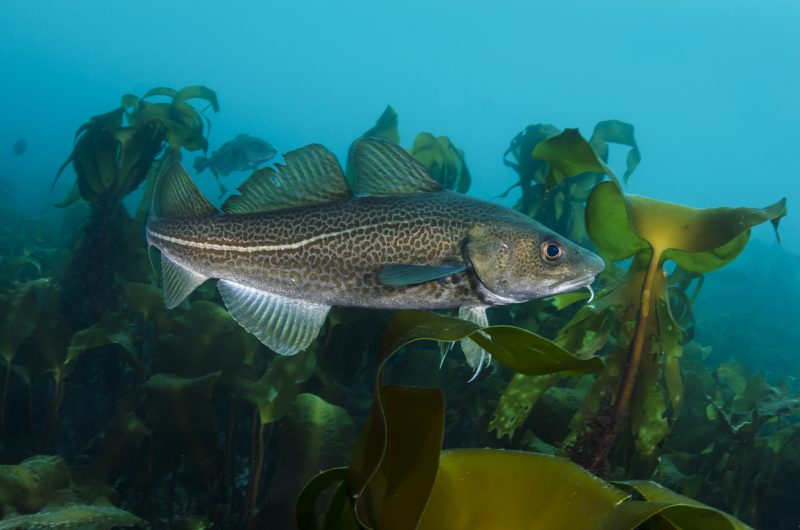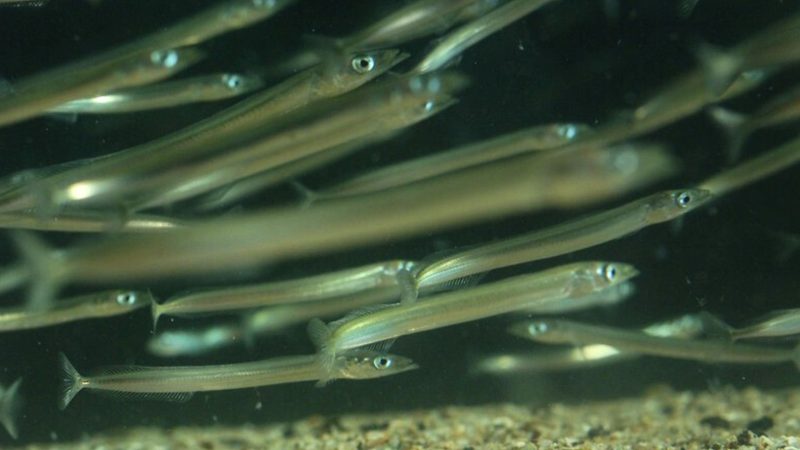Just over a year ago, the Rasdhoo community was victorious in preventing the development of a new resort on its local picnic islands. Now, Rasdhoo Island Council is facing another development battle. It is fighting to stop Veligandu Island Resort from dredging just feet away from the renowned Rasdhoo Madivaru Marine Protected Area (MPA) in efforts to expand resort facilities and add a harbour to an artificial island next to the resort.
Rasdhoo Madivaru Kandu is famous for being one of the few dive spots in the Maldives where large schools of hammerhead sharks are sighted every year. This is one of the main reasons for its protection under Ministry of Environment regulation in 2018. The 266.08 ha protected area is also home to a number of endangered species which are also nationally protected under Environment Protection and Preservation Act including sea turtles, Napolean wrasse and Manta rays.
MPAs are areas of the ocean where human activities are restricted to safeguard biodiversity and ecosystem structure and function, enhance fish stocks, help sustain livelihoods and sustainable local economies. If managed well, they can enhance ecosystem recovery or increase ecosystem “resilience” following wide‐scale natural disturbances, such as coral bleaching. The recent report by the Intergovernmental Panel on Climate Change makes it clear the urgency of the threat facing low-lying island nations like the Maldives due to rising ocean temperatures and sea level rise. This makes it all the more disappointing to witness archaic business development practices that do not take into account today’s climate reality.
The ongoing reclamation project being carried out by Veligandu Island Resort in Rasdhoo Atoll and the approval given by the Maldives Environmental Protection Agency (EPA) goes against the spirit of marine protection. According to the project’s Environment Impact Assessment (EIA) report, the project site where 48,000 cubic meters (equivalent to 533 standard trucks full) of sand is removed, is within seven feet of the MPA’s buffer zone.
Chairperson of Maldives Resilient Reefs, Shaha Hashim said, “Permitting sand dredging so close to the MPA, and that from the same lagoon itself, will reverse the progress that has been made to safeguard and restore this biodiversity hotspot. When designating MPAs, authorities need to make sure that a larger area is designated as a buffer zone to prevent such blatant disregard of marine protection interventions”.
Maldives Resilient Reefs and Blue Marine Foundation stand in solidarity with the concerned North Ari Atoll community, protesting against the impact of the project on the surrounding area and their livelihoods. In the only inhabited island on the geographically isolated Rasdhoo Atoll, there is at least 24 local guest houses with 328 beds. A large majority of the island’s population benefit from tourism activities and local divers are concerned about the sedimentation already being seen at dive sites nearby.
Rasdhoo Island Council Vice President Abdulla Anil said, “There’s a dive site near the area that you can sight sea turtles on nearly every dive. There’s also a manta point near Veligandu resort. The water is now cloudy in both these areas since they started the work, which is impacting the quality of tourist experiences. These spots are used by tourists visiting Thoddoo, Ukulhas, Rasdhoo, Kuramathi Island Resort and all the liveaboards that pass through here, so this dredging will impact Maldives tourism on a much larger scale”
The Maldives has made significant steps in marine protection in recent years. The government has pledged to protect 20 per cent of its waters by 2025 and is taking steps towards sustainable fisheries management plans. But, at the same time, it cannot continue with outdated models of infrastructure development that has proven time and again to be unsustainable. Recent history has shown how unchecked land reclamation in North Male’ atoll has devastated its reefs. Coastal modifications have already altered tidal flow and sand distribution across North Male atoll (Rasheed, S. et. al., 2020), further deteriorating the resilience of Maldivian islands to climatic changes.
Tourism operators like Veligandu Island Resort must also recognize the benefits and numerous opportunities that having an MPA next to its property can present in offering its guests with engaging and memorable experiences.
Crown Company, owner of Veligandu Island Resort maintains that all works are carried out in accordance with the EIA approval by EPA and Ministry of Tourism approval.
Photo Credit: Abdulla Anil


















